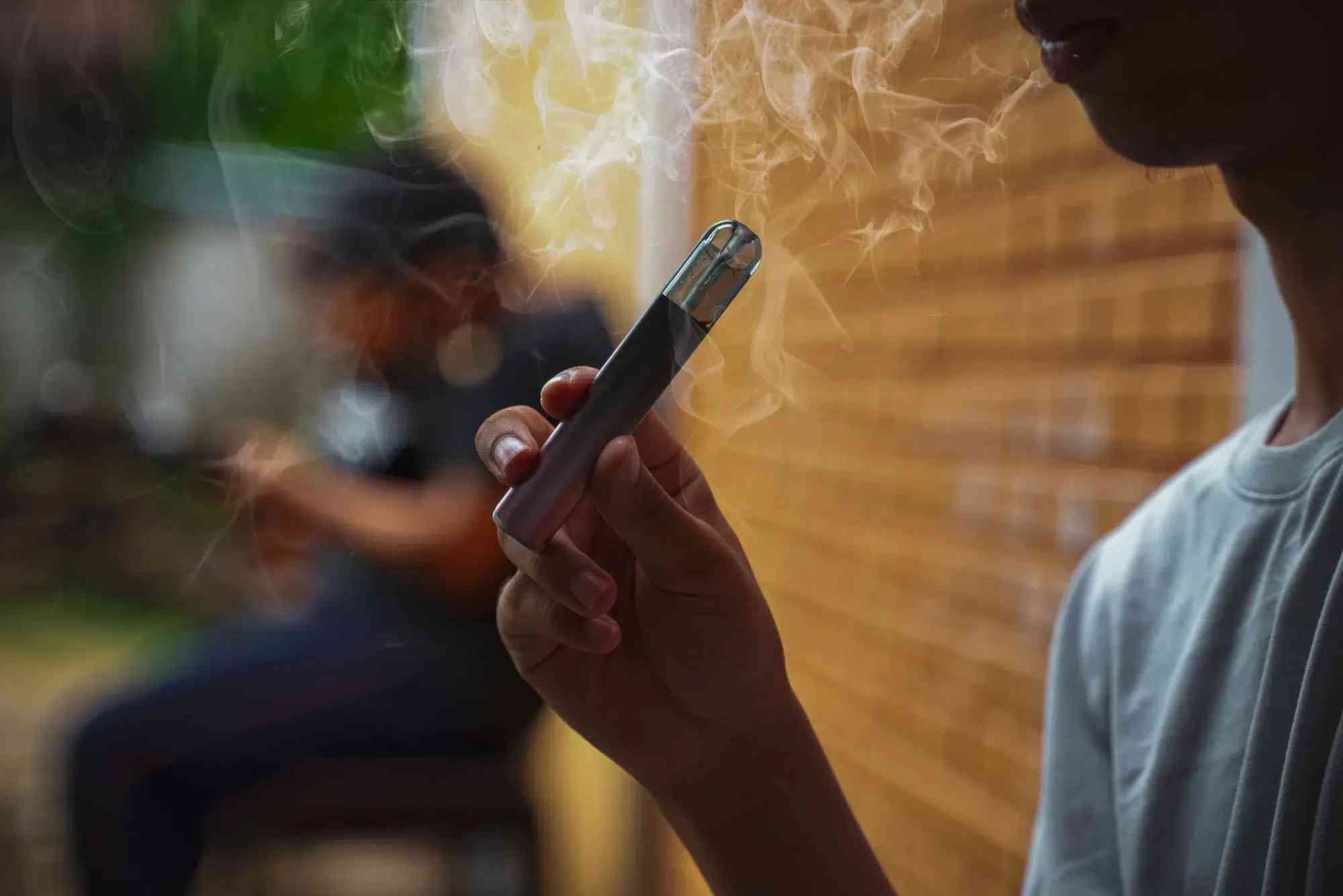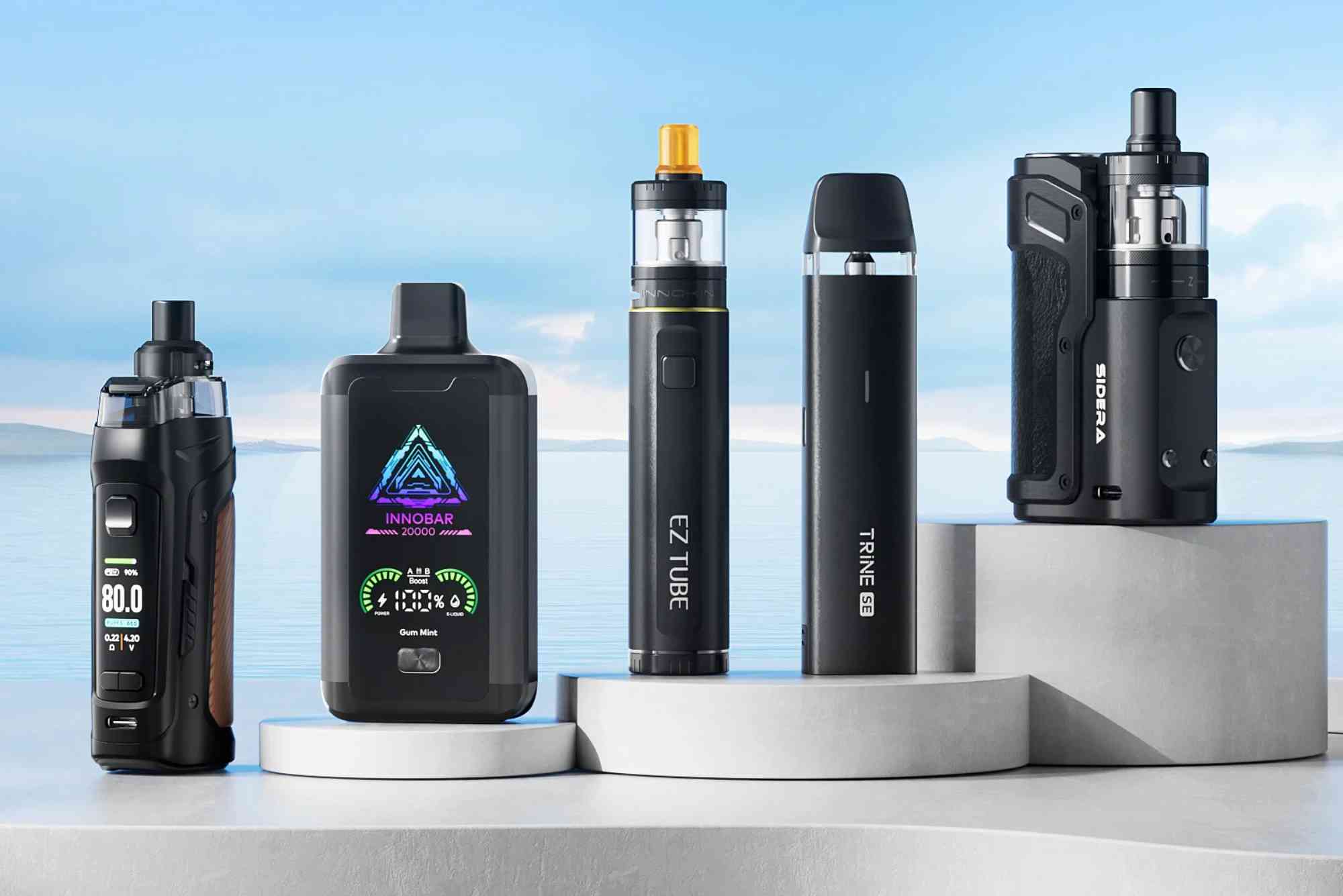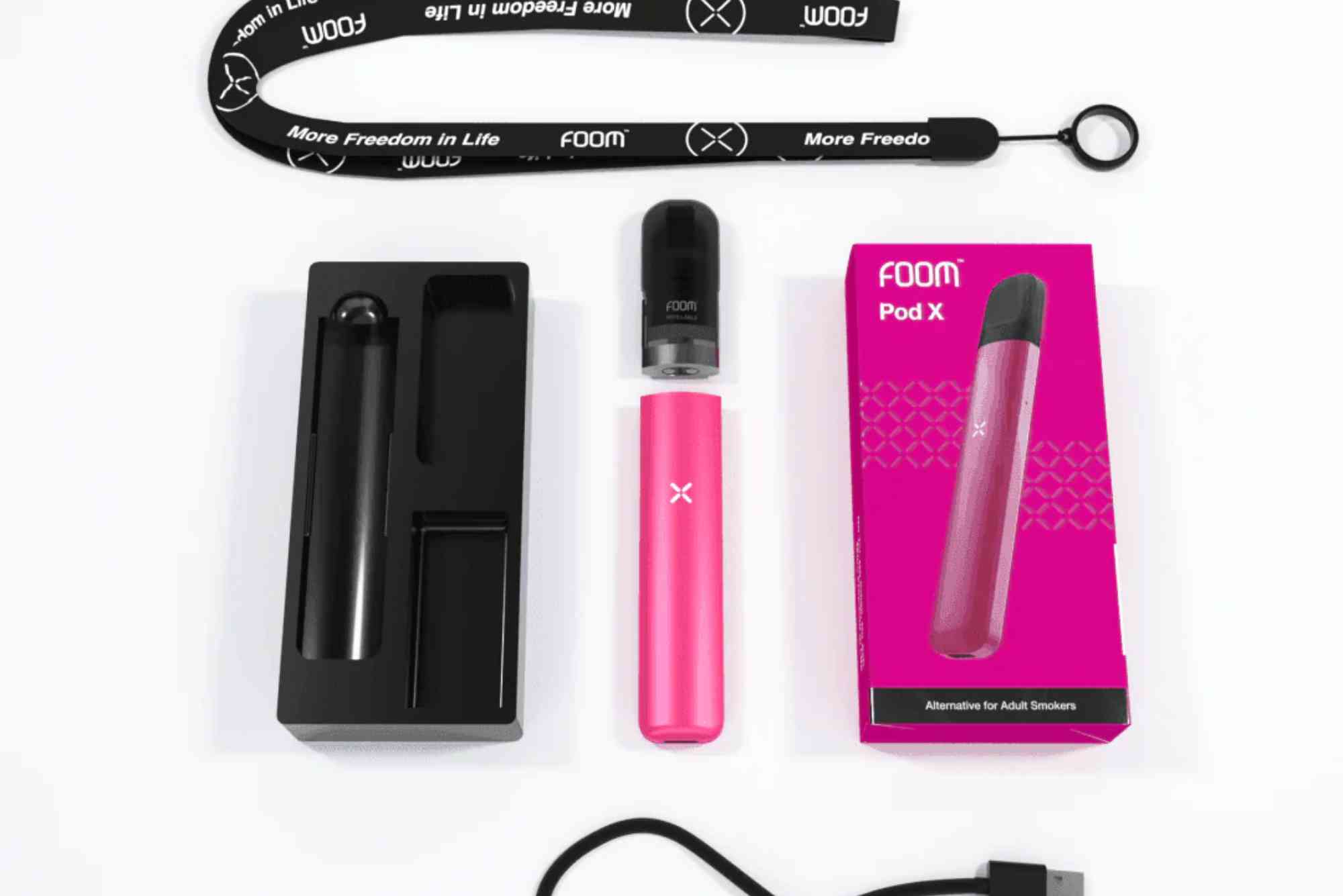Is Vaping Illegal in School and Safe Charging Habits for Vape Users
The question “is vaping illegal in school” is critical for students, parents, and educators. As vaping becomes more common, schools have implemented strict policies to ensure safety and maintain a healthy learning environment. While vaping may seem less harmful than smoking, it still poses legal, health, and disciplinary concerns in school settings.
This guide explores whether vaping is illegal in schools, the consequences of being caught, and essential tips for safe vape charging practices to prevent accidents.
Is Vaping Illegal in School?
Vaping in schools is prohibited in most countries, including the United States, UK, Canada, and Australia. Laws vary by state or region, but the general rule is that vaping is banned on school property, including classrooms, bathrooms, playgrounds, and parking lots.
Federal and State Regulations
Many states enforce strict anti-vaping laws to protect minors. In the U.S., federal law prohibits the sale of vape products to individuals under 21, making their possession in schools illegal. School boards often impose additional penalties to reinforce these laws.
Why Schools Ban Vaping
Schools ban vaping to:
- Protect students from nicotine addiction and potential health risks.
- Maintain a safe, substance-free learning environment.
- Comply with local, state, and federal laws regarding tobacco and vaping products.
Consequences of Vaping in School
Students caught vaping in school may face:
- Confiscation of vaping devices.
- Detention, suspension, or expulsion for repeated violations.
- Notification to parents and possible referral to law enforcement in severe cases.
- Educational programs on substance abuse prevention.
Health Risks Associated with Vaping in Schools
Vaping is often marketed as a safer alternative to smoking, but it still carries serious health risks, especially for adolescents.
Impact on Young Lungs and Brain Development
Nicotine exposure in young people can affect brain development, leading to memory issues, poor concentration, and higher addiction risks. Vaping also irritates the lungs and may cause respiratory problems.
Secondhand Exposure in School
Vapor from e-cigarettes can still contain harmful substances, putting other students at risk. This exposure is one reason school authorities have zero tolerance for vaping on campus.
Safe Charging Habits for Vape Users
Beyond the legal implications, safe handling and charging of vaping devices are essential. Poor charging habits can lead to overheating, fires, or explosions.
Use Manufacturer-Approved Chargers
Always use the original charger or one recommended by the manufacturer. Off-brand chargers can deliver inconsistent power, causing battery damage.
Charge on a Non-Flammable Surface
Charge your vape on a hard, non-flammable surface like a table or countertop. Avoid charging on beds, couches, or near flammable materials.
Avoid Overcharging
Remove your vape from the charger once fully charged. Overcharging can overheat the battery and shorten its lifespan.
Inspect Battery and Device Regularly
Check for signs of damage, including dents, leaks, or overheating. If your vape shows any of these signs, stop using it immediately and replace faulty parts.
Never Leave Charging Unattended
Leaving a vape charging overnight or while away can increase the risk of fire hazards. Supervise the charging process to ensure safety.
Legal and Ethical Responsibilities for Vape Users
Understanding is vaping illegal in school also comes with the responsibility of following the law. Vape users should:
- Avoid vaping in prohibited areas, especially around minors.
- Follow school and workplace policies.
- Educate themselves on local laws regarding vape use and possession.
FAQs
Can you go to jail for vaping in school?
In most cases, students won’t go to jail, but serious offenses like selling vape products to minors may lead to legal charges.
What happens if a teacher catches you vaping?
The device will be confiscated, and disciplinary action will follow, which could include detention or suspension.
Is vaping worse than smoking for teens?
While vaping is marketed as a safer alternative, it still contains nicotine and harmful chemicals that can harm developing brains and lungs.
Can schools search your bag for vapes?
Yes, if a school has reasonable suspicion that you possess prohibited substances, they may search your belongings according to school policies.
Are vape detectors used in schools?
Many schools now install vape detectors in bathrooms and locker rooms to identify and prevent vaping.
Understanding is vaping illegal in school helps students avoid serious consequences and health risks. Vaping may be popular among young people, but schools enforce strict rules to protect student well-being.




